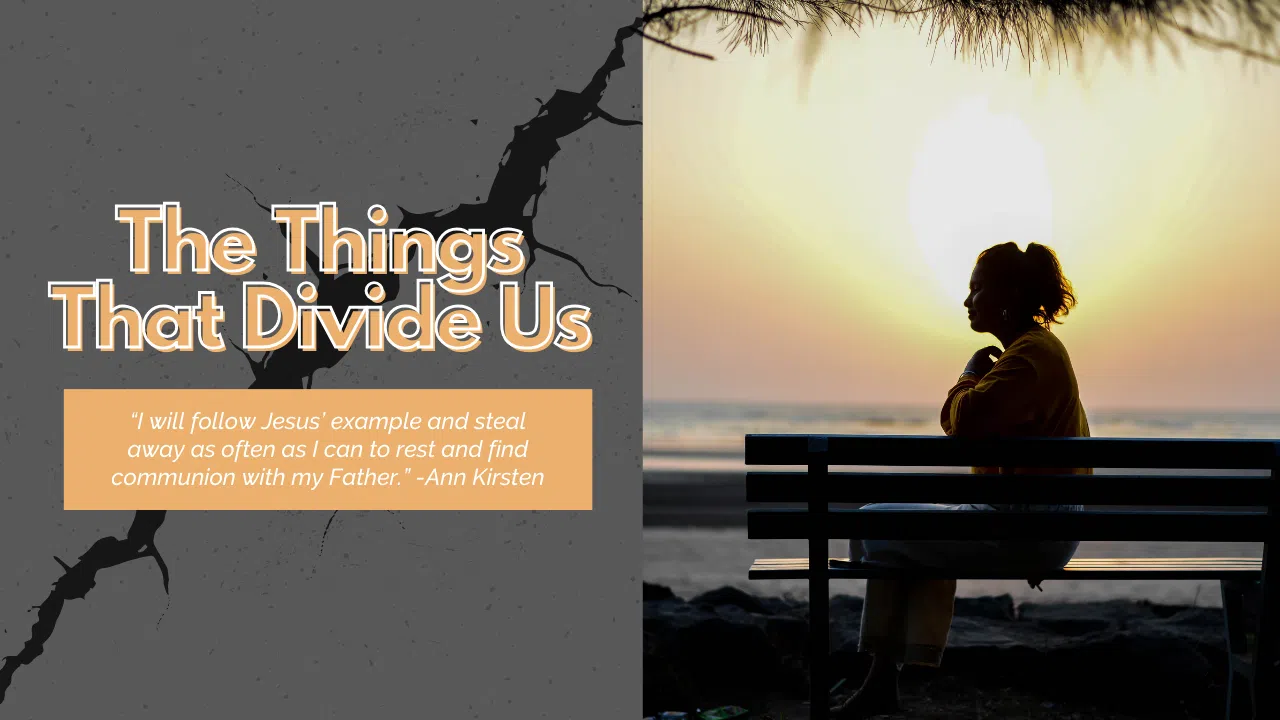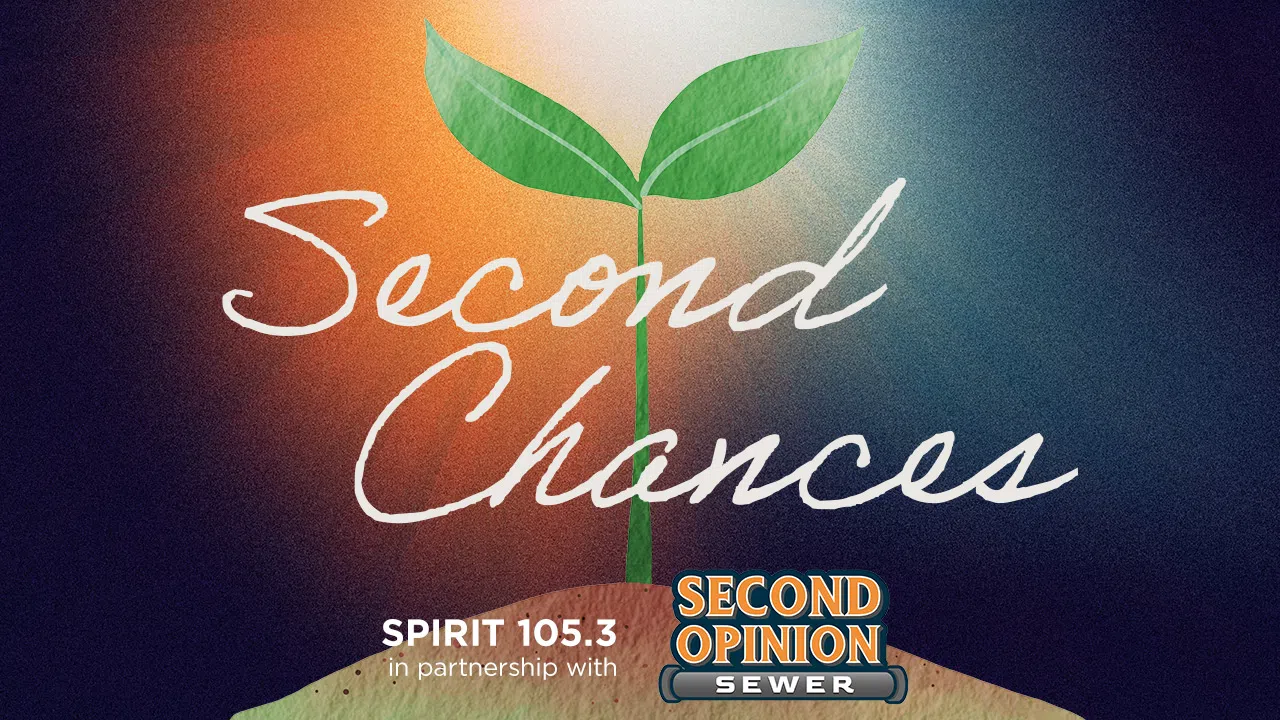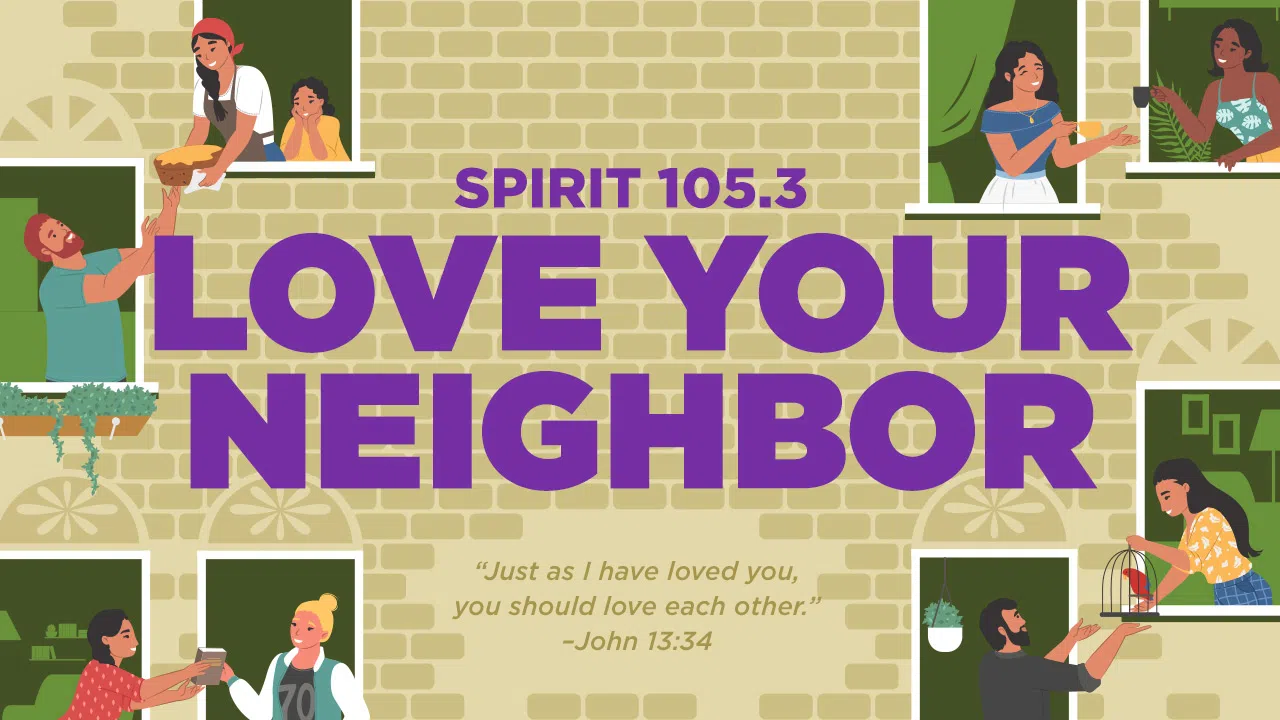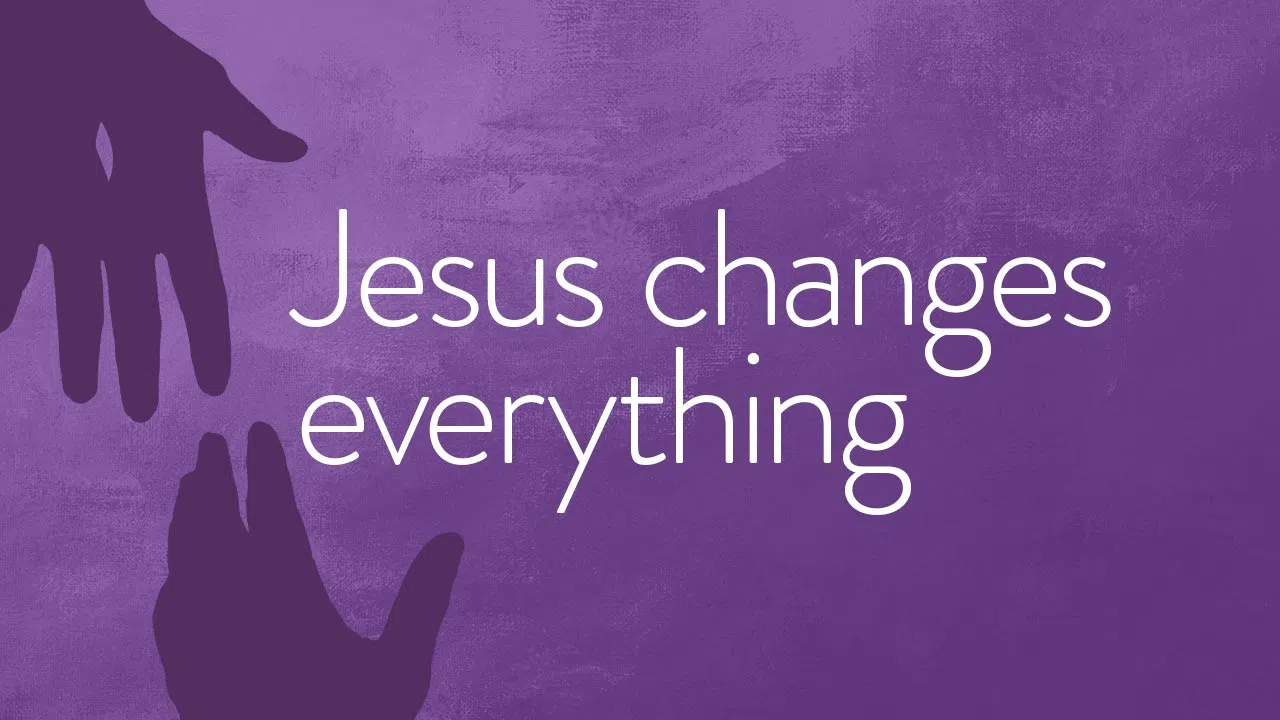The challenge many younger couples face today is that, biblically speaking, there’s only one thing that matters, and very few people are talking about what that one thing is—which leaves many Christians entering marriage with an entirely different agenda in mind than that for which God created it.
Personally, I like “one thing” lists. Give me a list of even three things, and I can get confused over which one is most important, but give me a “list” of one, and even I can remember that.
Perhaps that’s why I enjoyed running cross country in high school. Only one thing matters in cross country: who gets across the finish line first. They don’t judge your form. They don’t give you “extra credit” for your uniform or effort. They don’t even inquire if you’ve trained hard or eaten right. They just look at who got across the finish line first.
Christian ethics (and marriage, by extension) have a similar “this is all that really matters” element. Every New Testament ethic—beginning with Jesus, going through Paul, bringing in Peter and certainly John—exalts growing in love as the one thing that matters.
Jesus called love for others an essential element of the greatest commandment (Matt. 22:37-40) and added that His new commandment is to love one another (John 13:34). John says that if we don’t love, we’re not believers (1 John 4:7-8). He doesn’t say if you look at pornography you’re not a believer. Or if you gossip, you’re not a believer. He does say, “If you don’t love, you don’t know Christ.”
If you pray a lot but love only a little, according to Paul, you are nothing (see 1 Cor. 13). If you know the Bible better than anyone else in your house and your church, but you love others the least, you are the most immature believer in your house or church.
It is all about love.
When talking about marriage, husbands are commanded to love their wives as Christ loved the church (Eph. 5:25). Women are urged to take the command to love their husbands so seriously that they are told to go to school to learn how to do it (Titus 2:4).
Not once—not once—does Jesus or Paul or any New Testament writer tell us to spend years to find one person to love us just like we want to be loved. But that’s what we look for, isn’t it? Someone who will love us (the way we define love) and someone who will make us happy.
Popular culture has told us the “one thing” in marriage is entirely different, that our greatest need is to be loved. The Bible tells us that because God has already met that need, our greatest need now is to learn how to love. When I was married thinking that my greatest need was to be loved, it led to frustration, resentment, and anger, because nobody can truly love me the way I want to be loved—only God can do that. When I accepted the verdict of Scripture that my greatest need is to learn how to love, everything about my view of, and satisfaction in, marriage changed.
God has designed marriage in part to be a school of love. We demean marriage when we focus on lesser things, like marriage being a “school of happiness” or a “school of sexual intimacy” or a “school of not being lonely.” These are good things, even important things, but they are not the one thing that matters most. And until you accept that one thing, and join God in believing it’s what you need most, you won’t value or appreciate your marriage as much as you should. The more you value this—that your greatest need is to learn how to love—the more you’ll value your marriage.
Gary Thomas is the author of Sacred Marriage.Sacred Marriage doesn’t just offer techniques to make a marriage happier. It helps readers become holier husbands and wives. The revised edition has been streamlined to be a faster read without losing depth. It clarifies points, expands on the most popular teaching, and takes into account contemporary changes in marriage.





























Comments